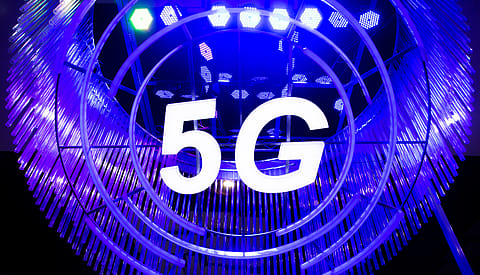5G to account for 57% of Indian mobile subscriptions in 2028
India is experiencing massive network deployments, making it the fastest growing 5G market globally.

Despite a weaker global economy and geopolitical uncertainties, 5G services are growing fast across the world. Total 5G subscriptions are projected to pass the 1.5 billion mark this year, growing by 500 million according to the Ericsson Mobility Report, 2023.
The US has the highest 5G penetration at 41%, followed by North East Asia (30%); Gulf Cooperation Council Countries (18%). India is experiencing massive network deployments, making it the fastest growing 5G market globally. India had 10 million 5G subscribers as of December 2022, after the launch in October. 5G is estimated to hit 700 million subscriptions and account for 57% of total subscription in 2028, making India the fastest growing 5G market.
Average data traffic per smartphone in the India region is the highest globally, together with GCC. It is projected to grow from 26 GB per month in 2022 to around 62 GB per month in 2028 – a CAGR (compound annual growth rate) of 16%. Total mobile data traffic is estimated to grow from 18 EB per month in 2022 to 58 EB per month in 2028, growing at a CAGR of 22%. This is driven by high growth in the number of smartphone users and increased average usage per smartphone.
The report shows continued revenue growth in leading 5G markets. Fredrik Jejdling, Executive Vice President and Head of Networks, Ericsson, says: "The global adoption of 5G technology has surpassed one billion subscriptions, bringing positive revenue growth for communications service providers in leading 5G markets. We see a strong link between the increase in 5G subscriptions and service revenue. Over the past two years, the introduction of 5G services in the top 20 markets has resulted in a 7% revenue boost."
Worldwide, around 240 communications service providers (CSPs) have launched commercial 5G services and about 35 have deployed or launched 5G standalone (SA). The most common 5G services launched by service providers for consumers are enhanced mobile broadband (eMBB), Fixed Wireless Access (FWA), gaming and some AR/VR-based services, such as training and education.